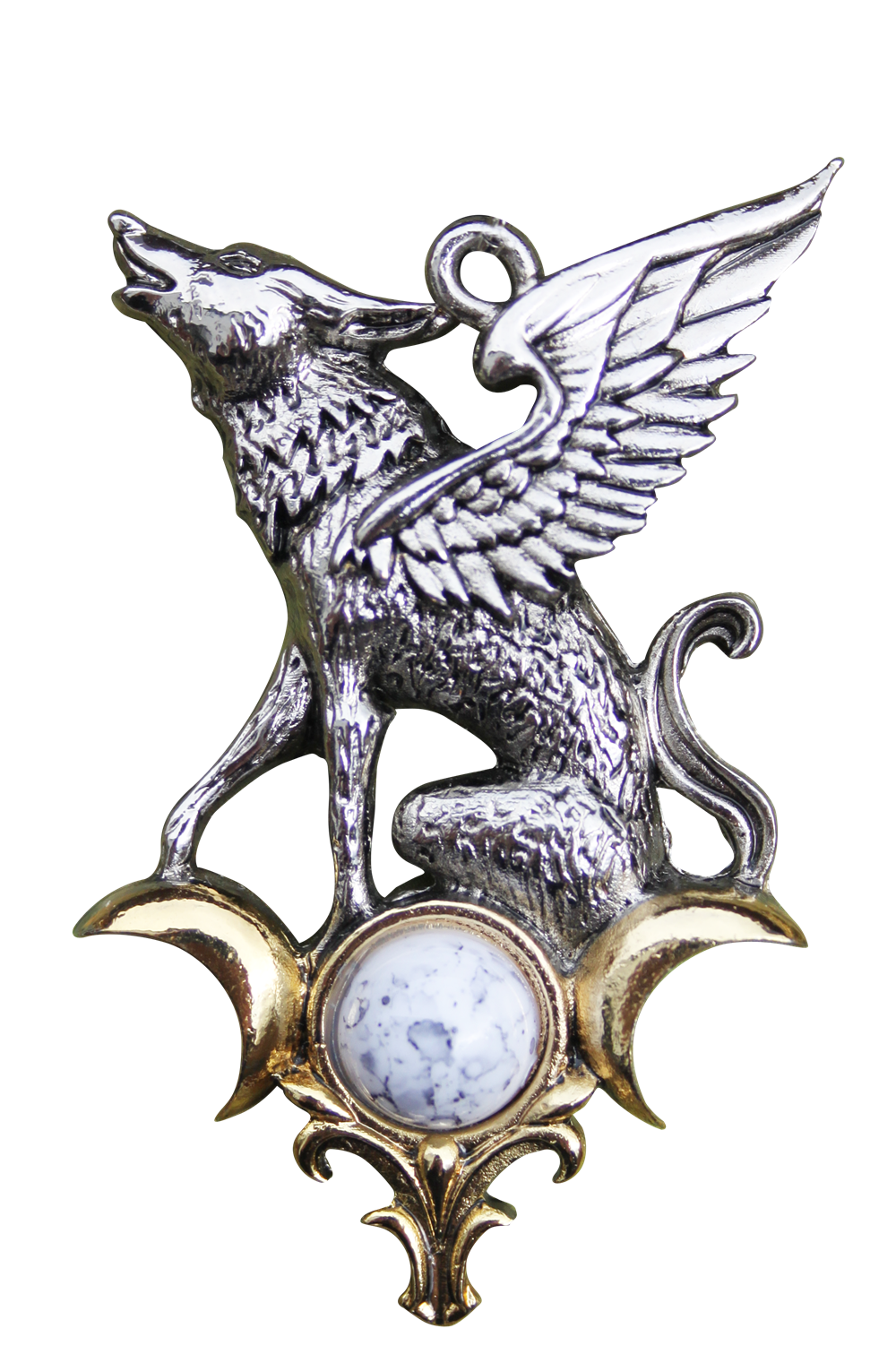Categories
Who was Francis Bacon?
Francis Bacon (1561-1626) was an English philosopher, statesman, scientist, and author who is often regarded as the father of empiricism and the scientific method. His writings emphasized the importance of observation and experimentation in the pursuit of knowledge, which was a significant departure from the reliance on classical authorities and speculative reasoning that characterized much of medieval thought. Bacon's most famous works, such as "Novum Organum" and "The Advancement of Learning," advocate for a systematic and inductive approach to understanding the natural world, laying the groundwork for modern scientific inquiry.
His relevance to mystics today lies in the tension between empirical science and mystical interpretation of reality. While Bacon championed rational thought, he also acknowledged the limits of human understanding, suggesting that there were deeper truths beyond the physical realm that could be perceived through intuition or mystical experiences. This interplay is particularly significant for contemporary mystics who seek to integrate empirical knowledge with spiritual insights, as they explore the nature of existence, consciousness, and the universe. Bacon's emphasis on the transformation of knowledge for the betterment of humanity resonates with modern spiritual practices that value self-awareness and personal growth.
In essence, Bacon's legacy prompts both scientists and mystics to contemplate the relationship between the material and the spiritual, fostering an ongoing dialogue that is essential to our understanding of life's complexities.



